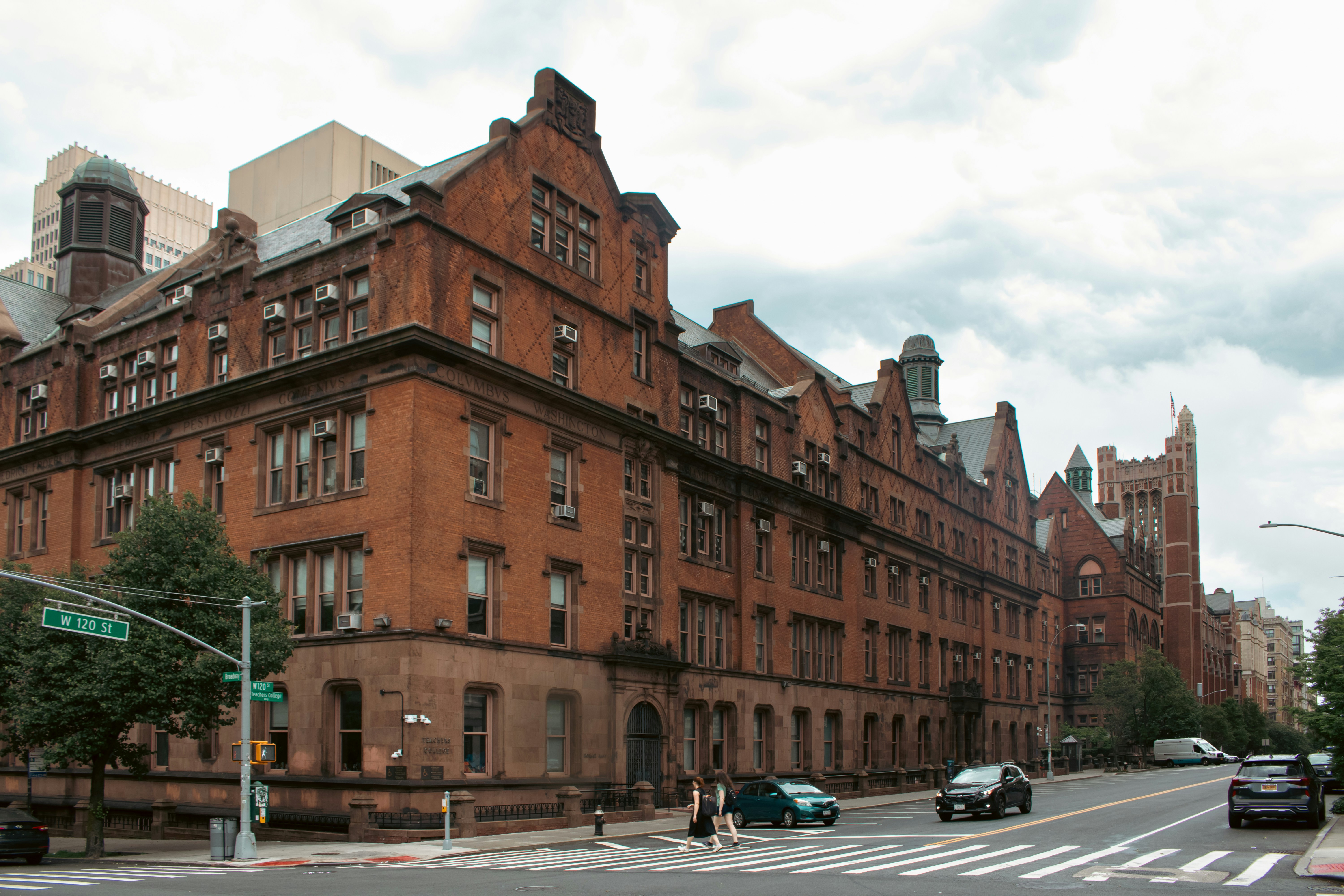Difficulties in Securing a Work Visa After Completing MBBS Abroad: What International Medical Graduates Should Know.
October 15, 2024 | by payment.ivssolutions@gmail.com

For many students who pursue an MBBS abroad, securing a work visa in their chosen country can be a challenging and often complicated process. While earning a medical degree from a foreign university opens up global career opportunities, navigating the visa process and meeting local requirements for practicing medicine is not always straightforward.
At IVS Solutions, we help students and graduates understand the intricacies of obtaining a work visa after completing their medical studies abroad. This article outlines the difficulties international medical graduates (IMGs) face when securing a work visa and how to overcome them.
Key Challenges in Securing a Work Visa After MBBS Abroad
- Licensing Exams and Qualification Recognition Before even considering a work visa, graduates must first meet the medical licensing requirements of the country in which they wish to practice. Each country has its own licensing exams, such as:
- USMLE (United States Medical Licensing Examination) for the USA.
- PLAB (Professional and Linguistic Assessments Board) for the UK.
- MCCQE (Medical Council of Canada Qualifying Examination) for Canada.
- AMC (Australian Medical Council) exams for Australia.
- FMGE or NExT for returning Indian students.
- Country-Specific Work Visa Regulations Each country has different regulations regarding work visas for international medical graduates. Some countries may have a quota system or limited numbers of work visas available for medical professionals, while others may prioritize their own citizens or permanent residents for job openings in the healthcare sector.
- In the USA, the H-1B visa allows international doctors to work, but obtaining sponsorship from a hospital or healthcare organization is difficult due to a limited number of available visas.
- In the UK, securing a Tier 2 (General) visa requires a job offer from an approved employer, and there’s a strict points-based immigration system in place.
- In Canada, medical graduates need to secure a work permit, but international medical professionals often face competition from local graduates.
- Language Proficiency Requirements While many MBBS programs abroad are taught in English, several countries require doctors to demonstrate proficiency in the local language, especially for clinical practice and patient interaction. For example, medical graduates aiming to work in Germany or France may need to pass language exams to qualify for a work visa. Meeting language proficiency requirements can be a significant hurdle for graduates who did not study or practice in the local language during their MBBS.
- Visa Sponsorship Challenges Many countries require international medical graduates to secure a job offer from a licensed medical institution before they can apply for a work visa. However, securing visa sponsorship can be challenging for several reasons:
- Limited Sponsorship Opportunities: Not all healthcare institutions are willing or able to sponsor international medical graduates, especially if they can fill positions with local candidates.
- Employer Preferences: Many hospitals prefer candidates who have completed their medical training domestically or have prior experience working in the local healthcare system.
- Regulatory Barriers: Some countries have strict immigration policies that restrict the number of foreign doctors who can work, making it difficult to find employers willing to sponsor work visas.
- Lengthy and Complex Visa Application Processes The process of applying for a work visa can be long and complex. It typically involves gathering several documents, such as a valid medical license, proof of education, work contracts, and other necessary paperwork. Graduates also need to comply with strict deadlines and procedural steps. Any errors or delays in submitting documentation can result in visa rejections or long waiting periods, impacting career progression.
- Residency and Permanent Residency Issues In countries like the USA, Canada, and Australia, many international medical graduates aim to secure residency positions as part of their training. However, residency spots are highly competitive, and many countries give preference to local applicants. This makes it harder for IMGs to gain the practical experience needed to qualify for a work visa.Moreover, while some countries offer permanent residency pathways for healthcare professionals, these are often conditional on the completion of residency programs or meeting strict requirements, which can take several years.
How to Overcome Work Visa Challenges After MBBS Abroad
Despite these challenges, there are several ways international medical graduates can improve their chances of securing a work visa:
- Early Planning and Exam Preparation
Students should begin preparing for country-specific licensing exams while completing their MBBS. This can help ensure they are ready to pass these exams immediately after graduation, reducing delays in securing work opportunities. - Seek Assistance from Medical Institutions
Many hospitals and medical institutions have dedicated teams to help international graduates navigate visa and licensing requirements. It’s essential to establish relationships with these institutions early on, as they can provide valuable guidance and visa sponsorship. - Language Training
For students studying in non-English-speaking countries, it is advisable to start learning the local language as early as possible. This will not only improve the chances of passing language proficiency exams but also enhance employability. - Explore Shortage Occupation Lists
Several countries, such as the UK and Canada, publish shortage occupation lists that highlight professions in high demand, including doctors. Graduates may have a better chance of securing a work visa if their specialty aligns with the needs of the country. - Consider Alternative Pathways
If immediate visa approval proves difficult, graduates may consider alternative pathways such as temporary training visas, fellowships, or research roles that could eventually lead to long-term employment and visa eligibility.
How IVS Solutions Can Help
At IVS Solutions, we specialize in helping international medical graduates navigate the challenges of obtaining work visas after completing their MBBS abroad. Our services include:
- Expert Guidance on Licensing and Exams: We help students understand and prepare for the necessary licensing exams required to practice medicine in different countries.
- Visa Application Support: We assist graduates in managing the complex visa application process, ensuring all documents are in order and deadlines are met.
- Job Search Assistance: Our team helps graduates find employment opportunities that offer visa sponsorship and align with their career goals.
- Post-Graduation Counseling: We provide support and advice for long-term residency and permanent residency pathways in the countries where graduates wish to practice.
Conclusion
Securing a work visa after completing an MBBS abroad can be a challenging and time-consuming process, but with proper planning and expert guidance, international medical graduates can overcome these obstacles. At IVS Solutions, we are committed to helping students and graduates achieve their dreams of working as medical professionals in their chosen countries. Reach out to us today to learn more about how we can support you on your journey.
RELATED POSTS
View all


